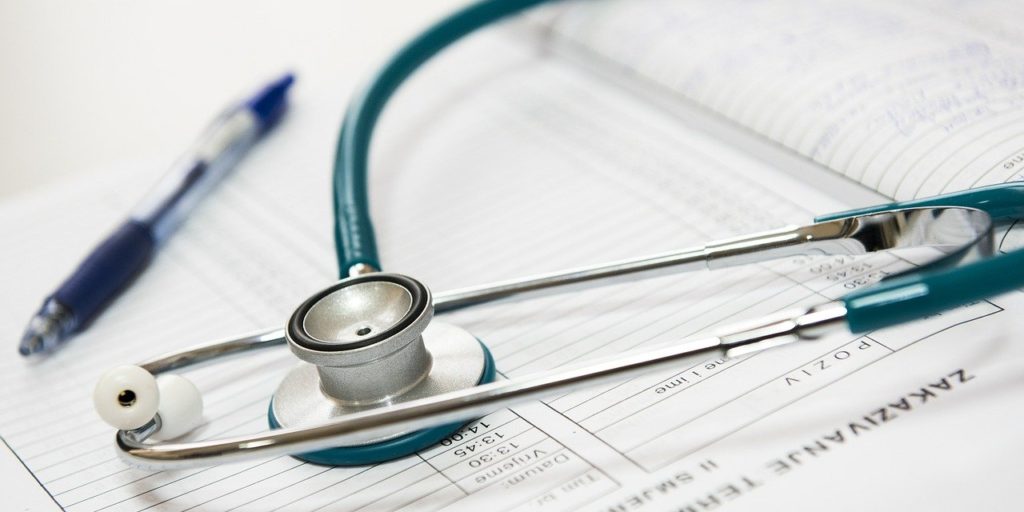- Seek legal advice if you’ve been hurt on an icy sidewalk - December 7, 2020
- Two important concerns about highway speed limit increase - November 6, 2020
- Shedding a light on recent Licence Appeal Tribunal decisions - July 10, 2020
While many health professionals may be hesitant to express their opinions in a court action for damages arising from an injury, there are several ways they can best prepare to be an expert witness at trial, Toronto critical injury lawyer Dale Orlando writes in Insurance Lawyer magazine.
While the vast majority of civil cases settle before going to trial, Orlando, partner with McLeish Orlando LLP, says approximately one in 20 cases do see the inside of a courtroom. Those called to testify as an expert at a civil trial need to know several things in order to prepare themselves to give testimony. The first, he says, is the examination in chief, conducted by the party who called the health professional to testify as an expert witness.
“The lawyer examining in chief will begin the examination by qualifying you as an expert witness. Since you are testifying not only to facts that are known, but to ready-made inference that can be drawn from those facts, your credibility as a witness will depend significantly on the strength of your professional credentials. It is customary to provide the trial judge with a copy of your professional curriculum vitae so that he or she can follow along during the qualification phase of your testimony. At the conclusion of the qualification phase of your testimony, your curriculum vitae will be marked as an exhibit in the trial,” he writes.
Once the judge has qualified someone as an expert witness, Orlando says, the expert may begin giving opinion evidence based on the facts and information received.
Stick to questions asked
“During this phase of your testimony, you will be asked to provide a detailed list of information reviewed, a summary of the results of any tests given, as well as a summary of the history given by the patient. You will then be asked to provide a summary of any treatments given to the patient. Following that, you will be asked for your diagnosis, your prognosis, and, if applicable, your opinion on causation,” he explains. Orlando notes that during the course of evidence in chief, experts must be careful only to answer the questions asked, and not delve into areas that are outside of their particular expertise.
During cross-examination, writes Orlando, the examiner will ask closed-ended or leading questions that are designed to elicit reluctant agreement without explanation. Some of the objectives of cross-examination, he writes, are to expose the expert’s bias, destroy the factual underpinnings upon which the opinion is based, exposing the opinion as a matter of judgment and getting the expert to defer to the opposing expert’s superior opinion.
Orlando says there are many reasons why a health professional may be wary of providing an opinion for the purposes of a court action, ranging from a lack of confidence in their knowledge of legal proceedings, to a fear of being embarrassed on the witness stand. Ultimately, he says, there is no substitute for experience.
“If you are going to be providing expert evidence in court for the first time, to truly prepare, you should attend at your local courthouse and observe competent counsel conducting a trial of issues similar to the case for which you will be called to testify,” he says.

